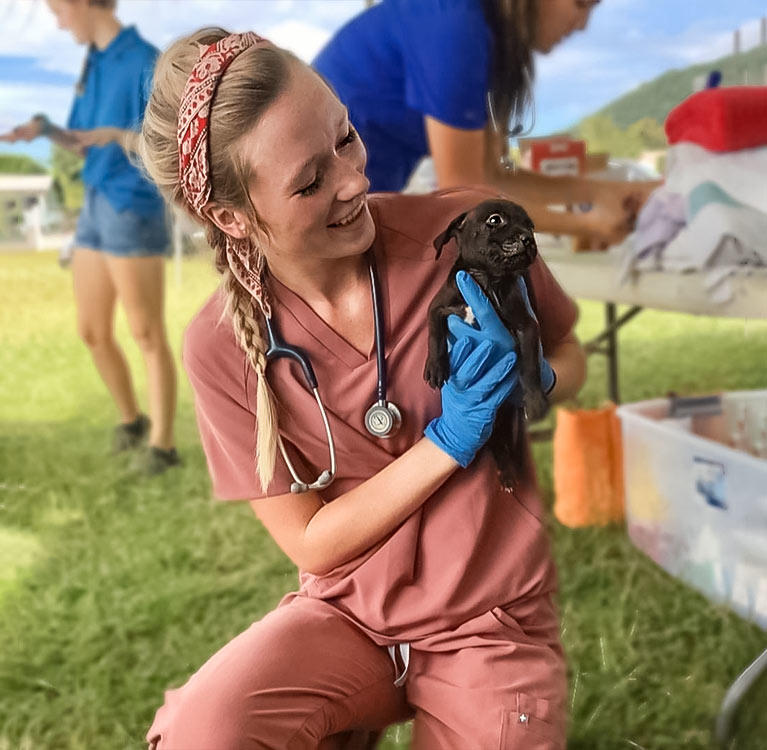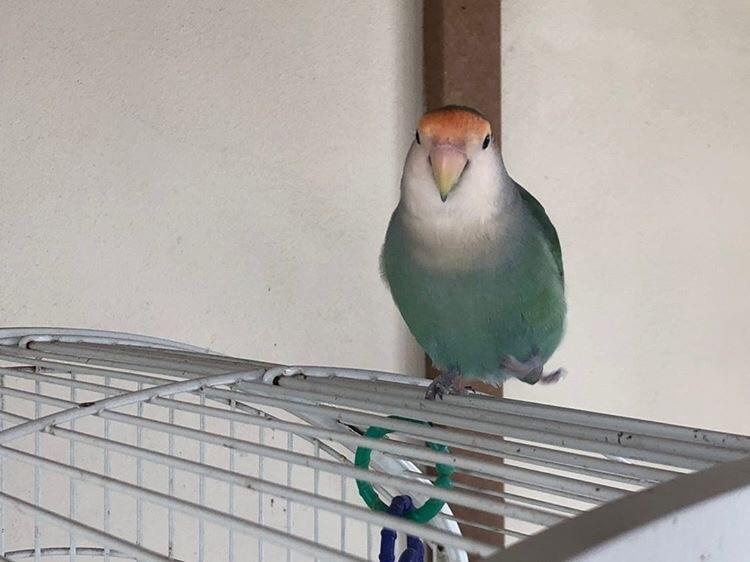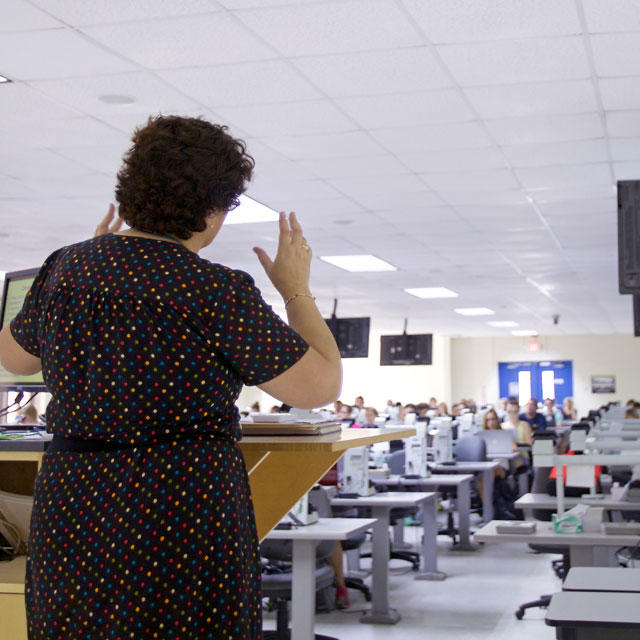Studying to become a veterinarian at Ross University School of Veterinary Medicine (Ross Vet) in St. Kitts may be the opportunity of a lifetime. To unwind from classes, you can visit your pick of lovely beaches, wander mountains and lush forests, or explore energetic Basseterre, the island capital, and its history, food, and culture. But, as in other Doctor of Veterinary Medicine (DVM) programs accredited by the American Veterinary Medical Association® (AVMA®), obtaining your DVM at Ross Vet involves many hours of rigorous academic training. You will be challenged by the seven-semester accelerated preclinical curriculum that integrates unique research opportunities, classroom study, and hands-on clinical experience, preparing you for a final year of clinical training.
So, how many years does it take to finish vet school? How long does it take to become a veterinarian? It depends on what type of vet you want to be, but all veterinarians must pass through several stages of academic training before they can be licensed to practice. Below, we’ll walk you through the typical timeline for becoming a vet.
HOW LONG DOES IT TAKE TO BECOME A VETERINARIAN?
So, exactly how long does it take to become a veterinarian? Most veterinary schools require four years to complete the coursework and clinical training required to earn a DVM. Students who enroll in Ross Vet’s year-round DVM degree program, however, can complete their degree in as few as 3.25 years.
After taking and passing the North American Veterinary Licensing Examination® (NAVLE®) and meeting the licensure requirements of your state or province, you can then practice veterinary medicine. So how long does it take to become a licensed veterinarian? About eight years, including undergraduate study. However, if you wish to become a veterinary specialist, you’ll need additional training.
HOW TO PREPARE TO BECOME A VETERINARIAN
Some students may have access to high school pre-veterinary tracks, during which time they can also begin accumulating hours working with animals. But the clock on becoming a vet officially starts with four years of undergraduate study. College students who want to pursue a degree in veterinary medicine should start working toward their course requirements during undergrad. At Ross Vet, advanced math, biology, chemistry, and biochemistry are some of the prerequisites needed to apply. In addition, vet schools require applicants to have experience working or volunteering in the veterinary field, so it’s a good idea to pursue veterinary-related opportunities beyond the classroom.
Ross Vet’s one-semester Veterinary Preparatory (Vet Prep) program is a valuable way to get one step closer to your dream of becoming a veterinarian. Vet Prep is a bridge program designed to better prepare students for the rigors of vet school. Students who pass the program are guaranteed a spot in the next first-semester class. The Vet Prep program will add four months to your education, but it can open the door to a future in veterinary medicine.
VETERINARY INTERNSHIPS AND RESIDENCIES
How long does it take to become a veterinarian—including an internship? Before working independently, veterinarians may decide to complete a year-long internship to gain additional training under the mentorship of specialized and experienced veterinary teams. An internship helps prepare a veterinarian for general or emergency practice, or for advanced specialty training.
If you wish to become a veterinary specialist, a residency program and other credentials are generally required. A residency provides advanced training in one specific area of veterinary medicine, such as internal medicine, surgery, or pathology. The AVMA recognizes 46 distinct specialties. Most residency programs are three years long, but the length depends on the speciality.
At Ross Vet, our accelerated program can give you a jump start on your veterinary career, but becoming a vet will still be a challenging journey requiring years of dedication. Learn more about Ross Vet’s DVM program and the range of opportunities and experiences we offer to help you find your career path in veterinary medicine. Contact us for more information.
Dr. Sarah M. Cavanaugh, DVM, MS, DACVIM (Cardiology), critically reviewed this post.






